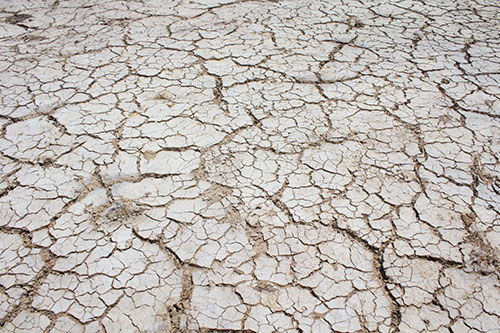
by Amanda Smith, Associate Editor
Water. To thrive, agriculture needs water. And it's the ingredient that California, one of our nation's most agriculturally productive states, is most severely lacking.
While current water-use restrictions inconvenience urban dwellers, they are a threat to the livelihood of California's food producers. A recent report, California Drought in 2015 and its Economic Impact on Agriculture, released by CoBank, highlighted the droughts impact thus far:
- The damages wrought by the 2015 drought will be worse than in previous years, but far from catastrophic. Each successive drought year elevates the cost of pumping groundwater to the surface and boosts the chances of well failure.
- Not all commodities will be affected equally. Growers will likely redirect their limited water supply toward plants that yield the highest return on investment, including nuts, fruit trees and vine-grown fruits and vegetables.
- Of the state's 9 million irrigated farm acres, growers are expected to fallow 550,000 to 600,000 this year. This represents about 6 to 7 percent of total irrigated acreage and is 30 percent greater than what was fallowed in 2014. The resulting revenue losses will fall most heavily on field crops such as corn, wheat, cotton, hay, pasture and beans.
- Lenders will experience moderate deterioration in the credit quality of their California-based borrowers. Borrowers focused on permanent plantings will be least affected, whereas those tied to field crops and dairy production will bear the brunt of the drought.
- UC-Davis projects that the reduced allocations of surface water to California farmers would amount to about 6.6 million acre-feet, but that greater pumping would make up about 75 percent of that loss.








